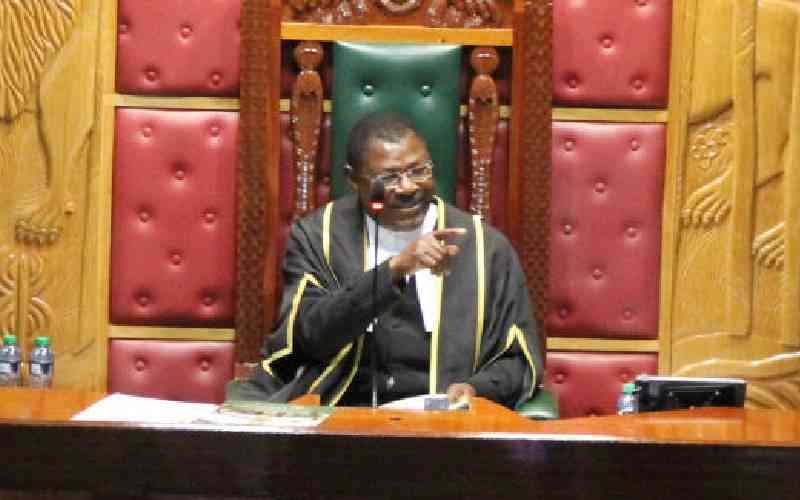
Parliament is an independent and co-equal branch of government vis-a-vis the Executive branch and Judiciary. This constitutional maxim should obtain regardless of which party controls Parliament. To that end, it is not the exclusive responsibility of the party allied to the losing presidential candidate(s) to check presidential power.
On Thursday, Speaker Moses Wetangula ruled that the Kenya Kwanza coalition (allied to President William Ruto) is the majority unit in the National Assembly. The confirmation of a unified government was greeted with the usual exhortations of the "opposition" to provide oversight on the "government" - with the latter being construed to mean the Executive branch and its majority coalition in the legislature.